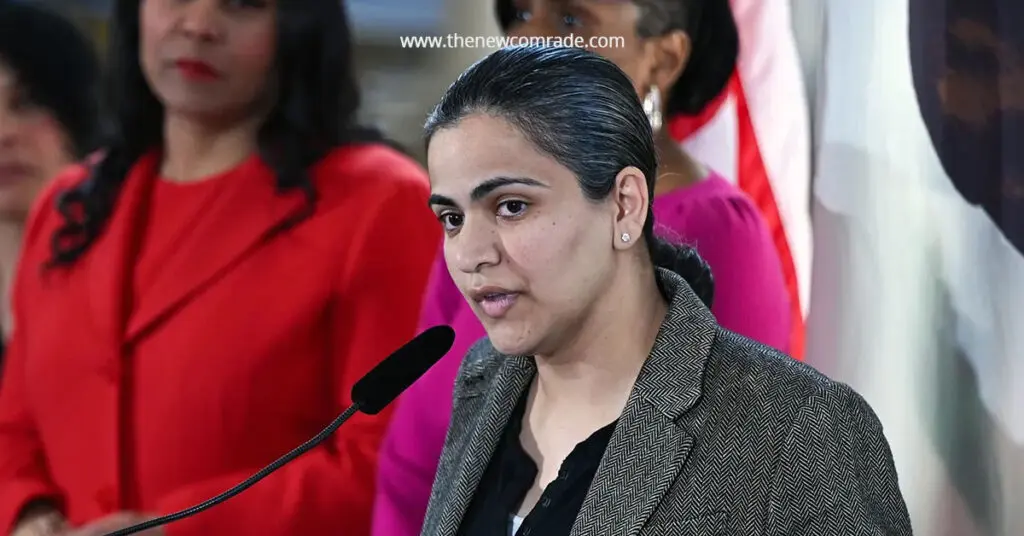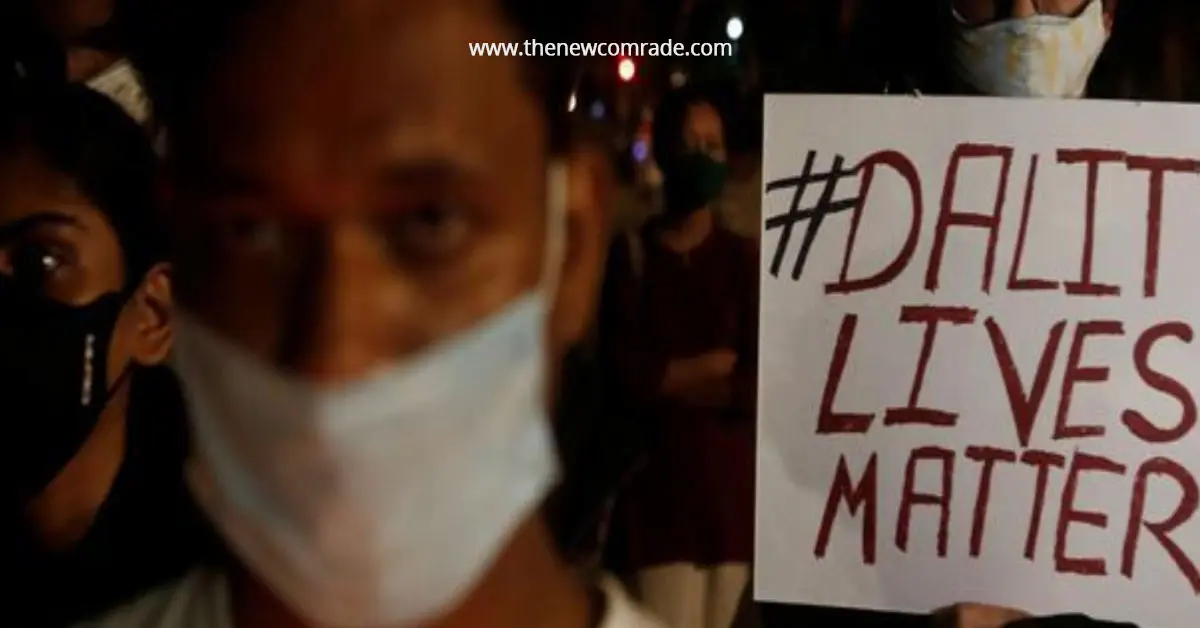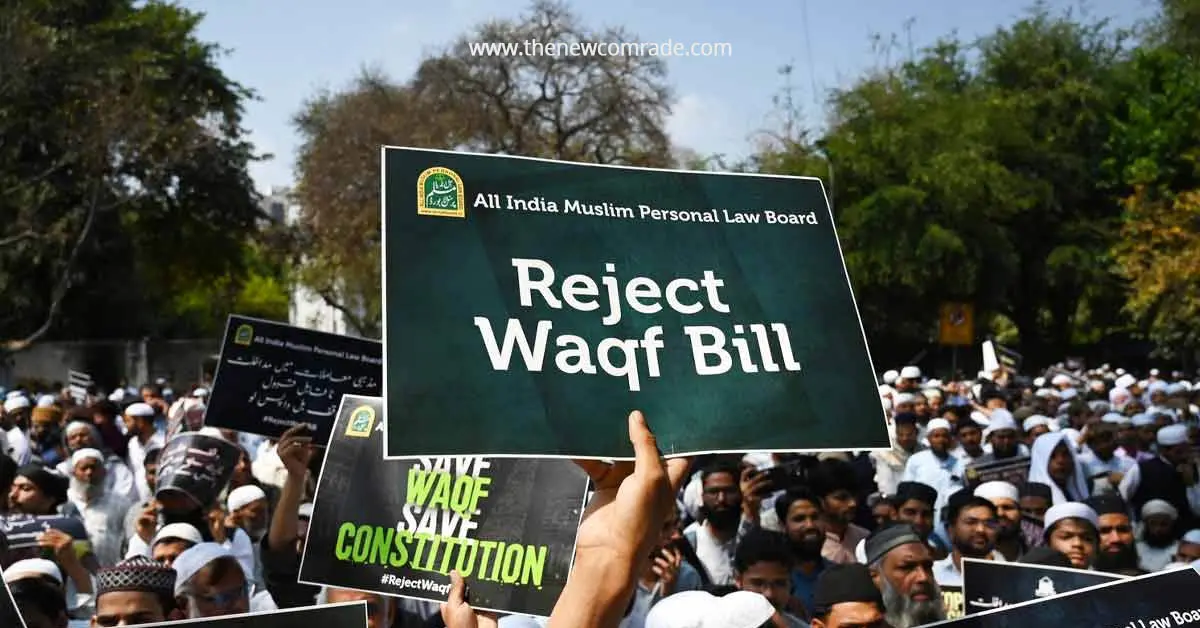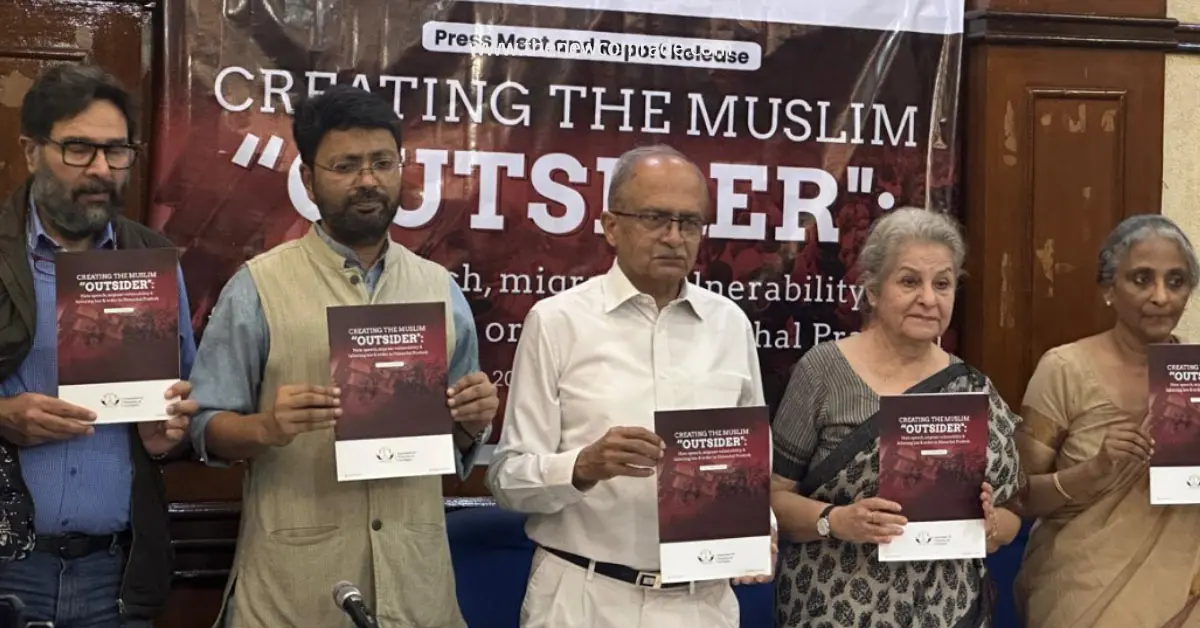On Monday, August 28, the California State Assembly approved SB 403, a bill that forbids caste-based discrimination in the state of California. This follows the state senate’s earlier this year passing of the law.
California will be the first state in the union to include caste as a protected class under its anti-discrimination statutes once the bill gets approved by the Governor. Given that California is the largest state in the union in terms of population and size of the economy, the act will represent a significant win for those who belong to oppressed castes who live in the US. If adopted, California will establish a precedent as the first state in the US to use such legislation to combat discrimination based on caste.
The California Assembly has enacted a law to end discrimination based on caste and increase protections for marginalized communities all around the state. Aisha Wahab, a state senator, first proposed it, and other caste equity, human rights organizations, and activists across the country backed it.
“Thank you to all the Assembly members who voted in support of SB 403 today. We are protecting people from a long-standing form of discrimination with SB 403,” Ms. Wahab stated in a tweet.
Caste discrimination was outlawed in Seattle in February, making it the first US city to do so outside of South Asia. This gave California’s legislation a boost. The same large multifaith, intercaste, multiracial coalition of more than 40 American and international Dalit and human rights activists and organizations, headed by California-based Equality Labs, fuels this movement.
According to data from an Equality Lab study, one in four caste-oppressed people in the South Asian American diaspora have encountered verbal and physical abuse; one in three have experienced prejudice in the workplace; and two out of three have faced discrimination in the educational system.
However, a significant percentage of the Indian diaspora opposes concerns of discrimination based on caste.
Many Indian-Americans, as well as religious and professional organizations, are strongly opposed to the measure, claiming that even though it does not expressly mention their religion, it will “discriminate against Hindus, their places of worship, and even make them less hiring worthy”.










